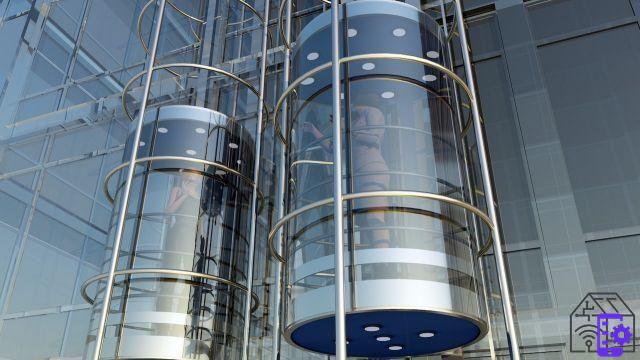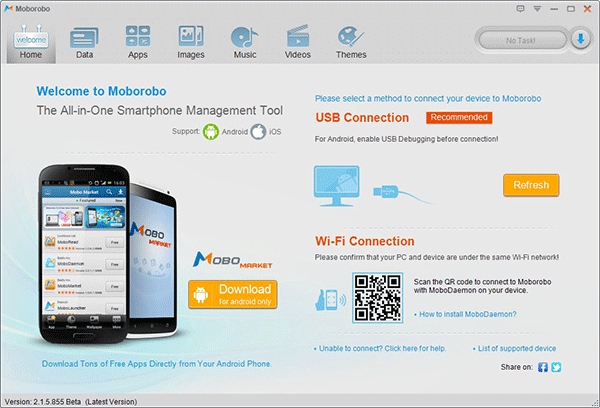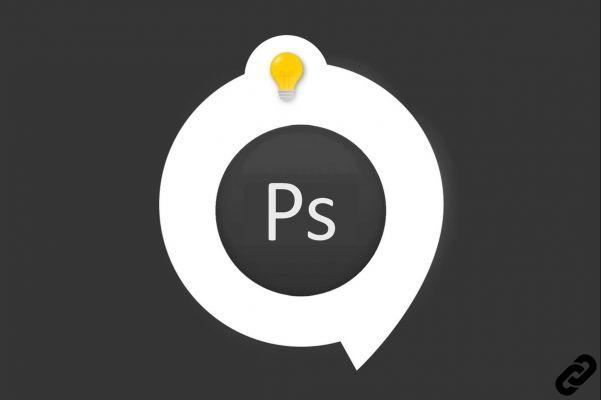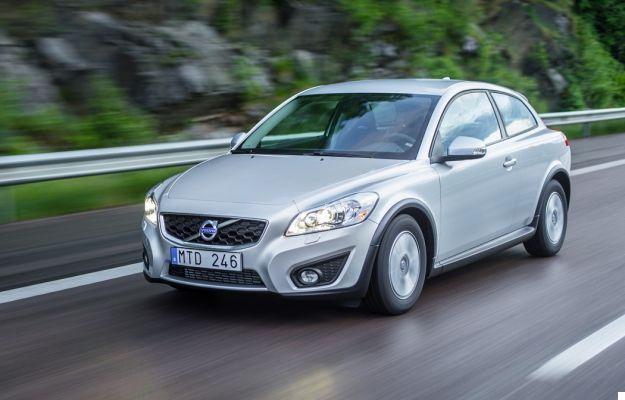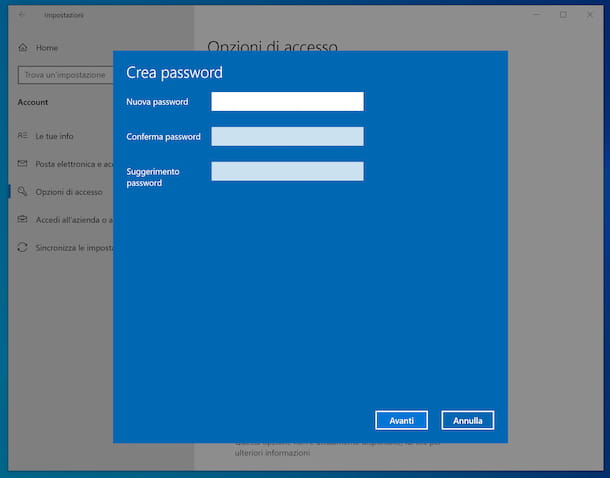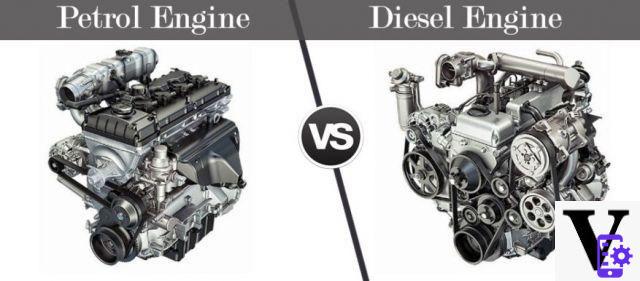
With this article we inaugurate the section "Auto for Dummies” dedicated to the world of cars. We will talk about tech, engines, driving safety, market and much more.
Let's start today with the difference between a diesel and a petrol car. How many times have you panicked for having the wrong dispenser at the dispenser and then realizing that you have chosen the right one. Today we explain all the differences and characteristics of the two types of fuel and what it means to buy a petrol car rather than a diesel one.
The distillation of oil
Let's start with a couple of fundamental concepts. They are indicated with diesel (improperly diesel in modern language) e petrol two types of fuel derived from petroleum distillation. The word “diesel” instead represents the thermodynamic cycle which, through a heat engine, allows the chemical energy of the fuel to be transformed into thermal energy through the engine. Petrol on the other hand, in order to be exploited, goes through a different cycle called Otto cycle, which we will talk about later.
The distillation of the crude oil in the various types of fuel it is a complex process. The fundamental point that allows us to understand how this process works lies in the concept of boiling point. Imagine, in a simplified way, that inside oil there are many different components mixed with each other.
Taking advantage of the fact that each of them boils at a different temperature it is possible, by heating everything in a controlled way, to evaporate one component at a time and then make it condense separately by cooling it. This is how the diesel "present in oil" evaporates around 350 ° while petrol becomes volatile at lower temperatures (between 100 ° and 150 °). Once these two separate substances have been obtained, it is advisable to distinguish their characteristics and evaluate their commonalities.
Why does petrol cost more?
I strengths and weaknesses of the two types of fuel increase or decrease their price on the market. Let's start by stating that gasoline is a nobler fuel compared to diesel. This is due to the fact that, despite both being highly flammable liquids, gasoline turns out to be more so than its cousin.
To be precise, it is necessary to go into the chemical details of the matter, and this is not the place. However, think that petrol is so flammable, or rather its vapors, that some substances must be added to prevent it from triggering unwanted combustion inside the engine. You know the words "lead-free“? Here the lead served as an anti-knock within the mixture.
Today this metal has been replaced with other less polluting, more refined substances that do not cause corrosion problems. Diesel fuel, in reverse, it is harder to ignite and, although the thermal power released by the same amount of fuel is almost the same, this contributes to making diesel less expensive. There are obviously other fundamental factors such as the market and the various associated costs.
What changes in a diesel engine
As anticipated, a petrol engine is regulated by a cycle called "Otto"And one with diesel from a cycle called"Diesel“; both in honor of the engineers Nikolaus August Otto and Rudolf Diesel. One of the points in common is certainly the fact that four distinct phases take place (four times) from the point of view of the engine. In fact, to transform the fuel into the movement of the car, the engine passes through the intake, compression, expansion and finally the exhaust.
The two cycles (Diesel and Otto) are quite similar except for the compression phase. In petrol there are Candles which trigger the explosion of the fuel in the cylinder which in turn causes the expansion of the fuel mixture. In diesel, the candles are absent and combustion is triggered by thevery high pressure (higher than petrol) generated inside the combustion chamber.
We told you before that diesel is harder to ignite, which is why strong pressures (and temperatures) must be developed in the diesel engine to make the most of this slightly less noble fuel. From this comes a lot of disadvantages such as high stresses inside the engine and the need to use much more robust, thick and therefore heavy materials. The diesel engine also needs a greater refinement of design to ensure that the diesel fuel is burned correctly, efficiently and without producing too many pollutants.
Driving style and performance
At first glance and for the less experienced, the driving sensations are all in all similar. Over the years, devices such as the turbocharger have helped to flatten the differences in driving between the two propulsions. A fundamental difference, due a lot to the introduction of the turbo, is the increase in fuel efficiency by the diesel engine: you have all heard at least once "diesel consumes less".
This is due to the fact that, for the same fuel consumed, in an engine that uses turbine and compressor it is possible to exploit the residual temperature in the exhaust gas. This energy, lost without using this stratagem, is fed back into the engine in the form of compressed air. It is precisely the diesel that most needs additional pressures to be able to function.
In terms of performance an a aspirated gasoline (without turbo) will not provide a great starting response (at low revs) compared to a diesel of the same characteristics. This is why it was once believed that diesels were faster than gasoline at the start and the latter redeem themselves at high speeds. In theory this is true even if, as already mentioned, the introduction of turbochargers has managed to fill the gaps in both engines, especially the diesel ones.
Dieselgate and pollution
One of the most sensitive topics for any car enthusiast is certainly pollution. Lovers of engines, even if they know that it is right to respect the environment by helping to pollute less, every time they feel a tear coming down knowing that in reality each vehicle is designed first to pollute less and then to release the maximum power.
With the catalytic converter and all the upstream systems managed by the control unit we are now able to meet the highest standards, such as the latest ones EURO 6. To get a rough overview, we list the four main pollutants, common to diesel and petrol in different ways: NOx, COx, HC and PM.
The HCs represent the unburnt hydrocarbons present in the exhaust gases. Whether it is diesel or petrol, if the fuel does not burn completely we find it at the end of the exhaust. The COx represent all the families of carbon oxides (of which the carbon monoxide CO is the most dangerous) derived from the partial combustion of the fuel. The remaining two are the particulate PM, also called dust or soot, given by the solid suspensions of carbon and nitrogen oxides NOx, produced by high temperatures and nitrogen present in the air drawn in by the engine.
Particulate matter and unburnt hydrocarbons are typical pollutants of petrol engines and are also easily reducible thanks to devices such as the famous FAP (Particulate Filter) and with the management of the air-fuel mixture inside the engine. Oxides of nitrogen and carbon are more difficult to treat: the catalytic converter it uses some substances to “eliminate” these components but in diesel engines, where higher temperatures produce more NOx, this pollutant is a big problem. We often hear "diesel pollutes more than petrol"And on the one hand it is true; however, it is much more coherent to go into the details of the question since it takes very little to overturn the omelette.
What is convenient
Lovers of the performance they will say petrol, or rather turbo-petrol, others will prefer diesel. The truth is, we are at the mercy of manufacturers and fuel prices. Our every choice will hardly be influenced by the technical details of the two types of fuel. Nowadays, consumption and pollutants are governed by incentives and solutions such as very low-displacement turbocharged engines capable of exploiting the pros of each fuel and minimizing the cons.
The reason probably lies somewhere in between: future powertrains will exploit all the innovations sought over the years while fighting against hybrid and electric. If on the one hand the pleasure and thrill of a heat engine is irreplaceable, the needs and consistency of moving around the city in a responsible way will migrate the market towards more innovations. green.
However, let us remember that a zero-emission electric car does not consider the supply chain with which the electricity that powers the lithium-ion batteries is produced: if, instead of exploiting renewable energy to power the electricity grid and the charging columns, we only use power plants to fossil fuels, ecology and coherence take a back seat.
TagsAuto for Dummies petrol diesel diesel engines What is the difference between diesel and gasoline? | Auto for Dummies





